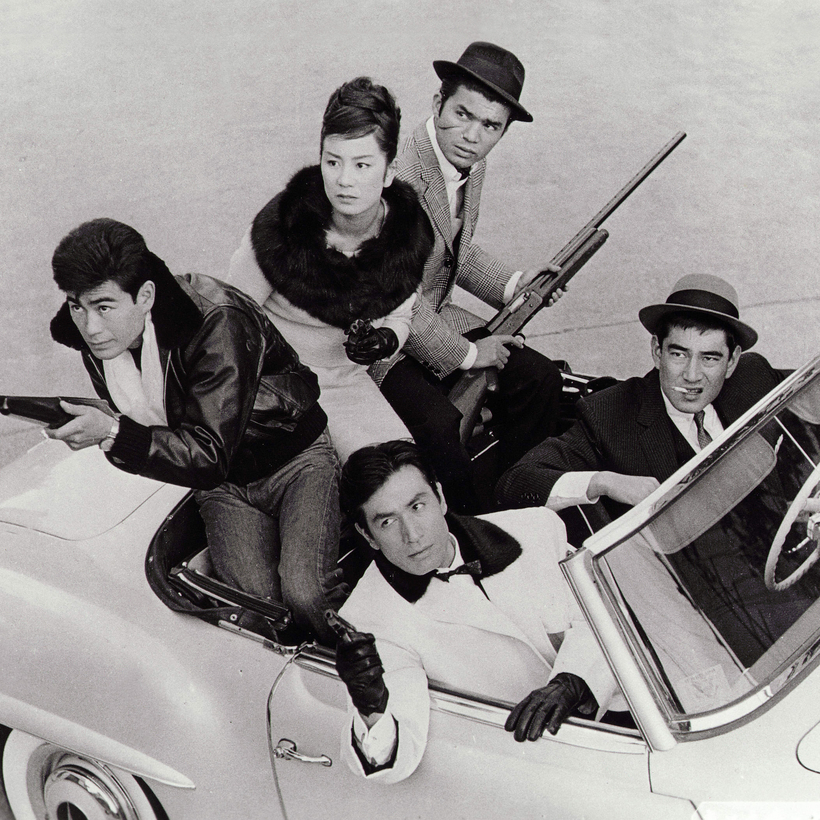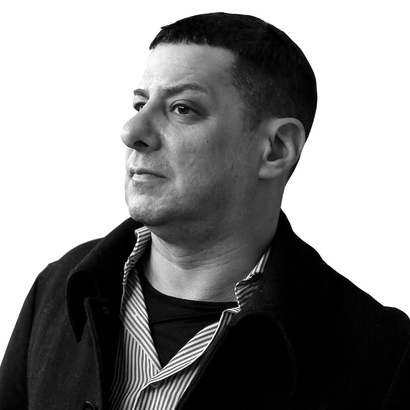In every corner of the world, a complex web of codes defines the way various organizations and professions operate. Groups from the police to Buddhist priests to the yakuza, Japan’s Mafia, adhere to their own set of principles. For Japanese journalists, there are four fundamental rules: truth reigns supreme, sources must be protected, and, if source protection falters, so does the pursuit of truth. The fourth tenet is the most controversial. Unless someone explicitly says “off the record,” every utterance is considered fair game to publish.
But what if the ground rules shift dramatically? What if disclosing information given willingly could condemn a source to a life behind bars, or worse? This was the precarious position I found myself in during the legal review of my second English-language book, The Last Yakuza, in 2011. The book tells the history of the post–World War II yakuza by detailing the careers of a few yakuza bosses. I focused on one particular yakuza boss and his close friends in the Inagawa-kai crime family.


